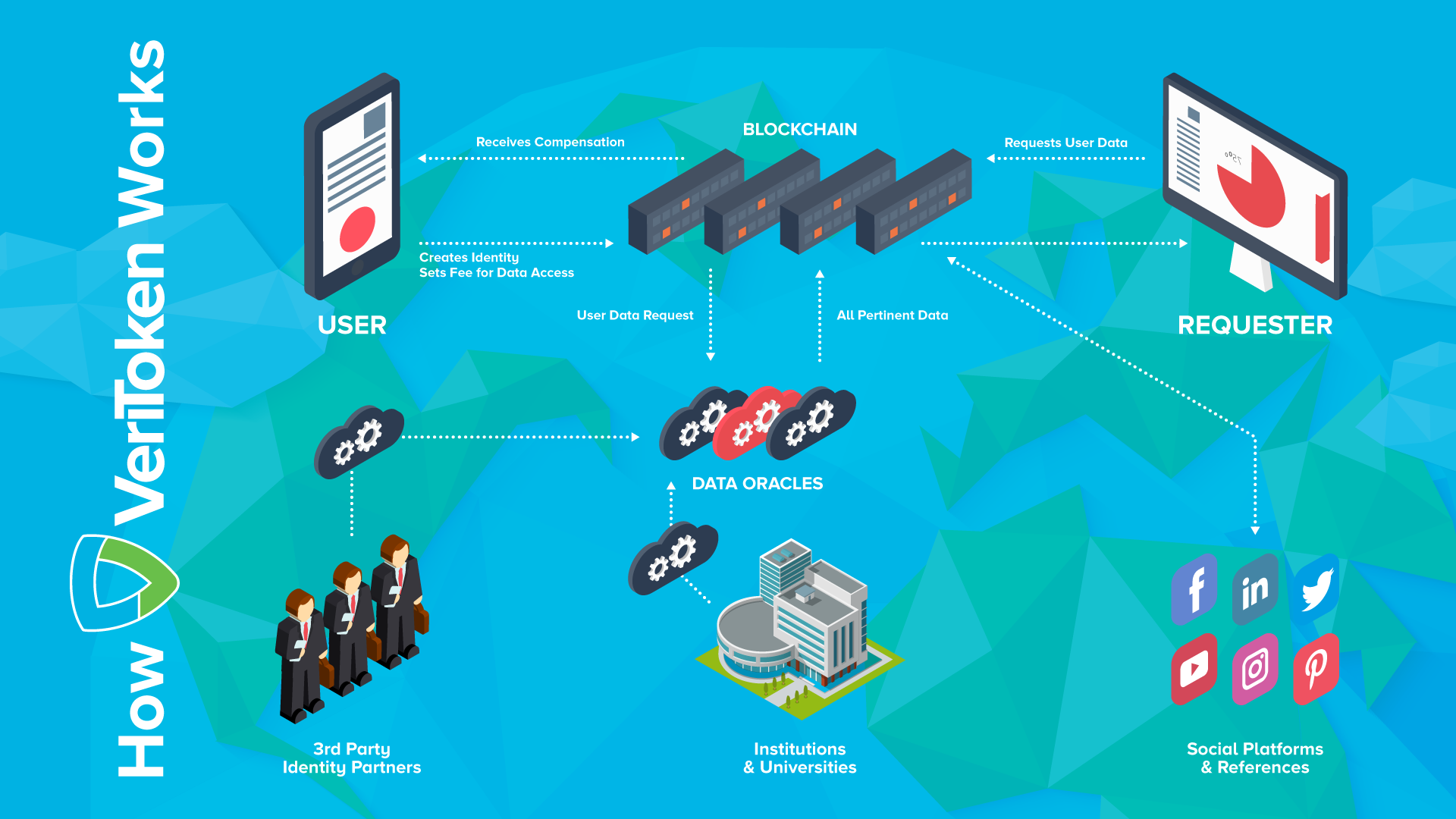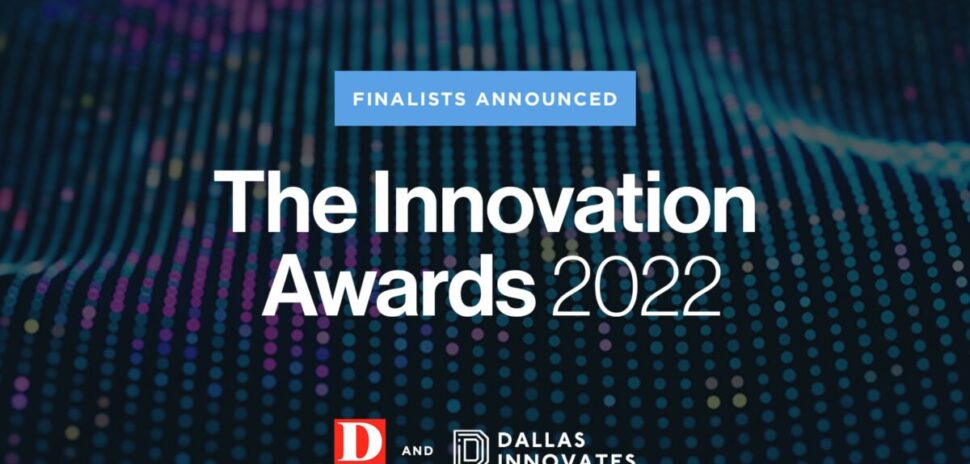Dallas-based VeriToken, an information verification company based on blockchain technology, announced its planning an initial coin offering (ICO) in September.
 VeriToken offers a protocol for verified data that can be used for identity by allowing people to verify their personal information, control access to that information, and offer ways to monetize their personal information Devon Zielinski, founder and CEO of VeriToken, told Dallas Innovates. The company’s protocol also has applications in verifying industries and commerce in areas such as food and product provenance and security.
VeriToken offers a protocol for verified data that can be used for identity by allowing people to verify their personal information, control access to that information, and offer ways to monetize their personal information Devon Zielinski, founder and CEO of VeriToken, told Dallas Innovates. The company’s protocol also has applications in verifying industries and commerce in areas such as food and product provenance and security.
“VeriToken breaks down the inherent lack of trust we have for our companies and each other by ensuring transparency and accountability in ones’ information,” said Zielinski. “Examples of this include an undocumented person in the Philippines receiving verified documentation on their phone, a U.S. job applicant using a verified resume, and someone in Austria able to scan a barcode to see the origin of their food.”
“By connecting verified data sources to the blockchain, we can allow people to request, obtain, and control verified information that is heavily secure.”
“By connecting verified data sources to the blockchain, we can allow people to request, obtain, and control verified information that is heavily secure.”
Devon Zielinski
Zielinski first had the idea for VeriToken in 2017 after Hurricane Harvey hit Houston. At the time, he owned USA Restaurant Services, an industrial supply company, and was part of an effort to help rebuild businesses in the city. Tapping his understanding of blockchain technology helped verify the resumes of 200 people he was hiring.
After speaking on this use of blockchain later that year, Zielinski found people in other industries such as health care and government were asking if the platform might apply to their business as well. The original platform was built with Mark Hopkins, a Dallas IBM Futurist and blockchain enthusiast since 2011, and after realizing the platform’s broader appeal they shifted to an industry-agnostic protocol layer approach with VeriToken.
The full team now includes Zielinski, Hopkins, Anne Ward, former Apple designer and founder of CircleClick, and Rob Gonzalez, the founder of the first cryptocurrency trading companies in Texas.

DATA IS THE NEW CURRENCY
Data that can be trusted has become a valuable commodity. Zielinski said data is “quickly becoming the new currency,” adding that verified data is even more valuable for businesses ranging from a recruiting firm looking for quality hires to a hospital seeking better ways to utilize patient health information.

Devon Zielinski, founder and CEO of VeriToken
Other areas where information verification has value is education where a university can verify its graduates, finance with banks using verified data for loan decisions, and the shared economy by adding a layer of trust and security to Airbnb, Uber, or TaskRabbit transactions.
“In our hyper-connected world, data is more important than ever. The lack of verified, factual information has become incredibly problematic,” said Zielinski. “In the U.S. alone, over 80 percent of people lie on their resumes, and large players like Experian and Facebook are being hacked, or are misusing personal data. Outside of first world countries, the lack of data is more severe, with undocumented citizens unable to receive loans, bank accounts, jobs, or even government IDs to travel.”
VeriToken has already signed almost 20 partners in the last few months including gourmet food distributor La Megara and Sutton Selects.
“In our hyper-connected world, data is more important than ever.”
Devon Zielinski
An example of VeriToken protocol in action is Sutton Selects’ Tierra-Noble tequila brand. Zielinski said imitation tequila is a growing industry problem and Sutton Selects uses VeriToken’s tech to track its tamper-proof packaging as the tequila moves through the supply chain all the way to the store.
“VeriToken is so valuable to Sutton Selects and its many food- and alcohol-related divisions because it gives the individual ultimate, final, and complete comfort on food and beverage traceability and security,” said John Sutton, founder of Sutton Selects. “Now, you are totally confident that your sourced products are from where they are supposed to come from. They are not counterfeit as well as they are safe from areas of known food contamination.”
BLOCKCHAIN IS COMING TO MOST INDUSTRIES
Up until very recently, blockchain has been mostly known as the underlying tech for cryptocurrencies or limited to proofs-of-concept or experiments, but it is now finding wider use cases by larger institutions, Zielinski said. He sees the technology becoming utilized in the background of most industries reducing the need for middlemen and making people’s lives more efficient and streamlined over the next two to five years.
“One use case I expect to be implemented in the next few years is the reduction of paperwork/physical documentation,” he said. “For example, in July 2018 Sydney Airport began trialing facial recognition as a replacement for physical passports and boarding passes. I expect this to quickly become more mainstream.”
![]()




























